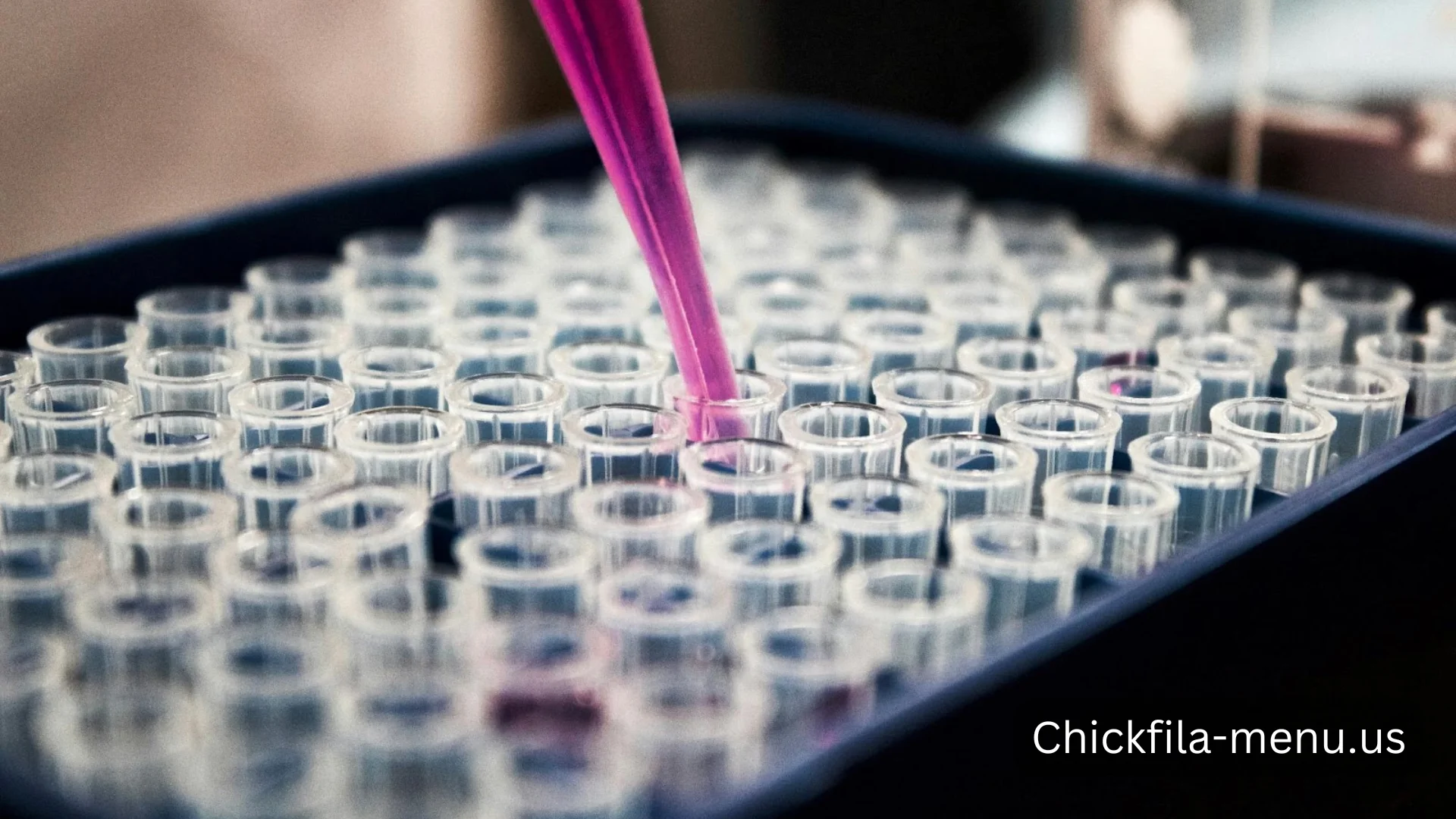What Do You Learn in a Medical Laboratory Science Program?
The field of Medical Laboratory Science (MLS) plays a critical role in the healthcare system by contributing to accurate diagnosis, treatment, and prevention of diseases. These professionals work behind the scenes, their expertise often going unnoticed by patients, yet their impact is significant.
By enrolling in an MLS program, students are equipped with the knowledge and skills needed to perform complex biological, chemical, hematological, immunologic, microscopic, and bacteriological tests.
If you aspire to become part of this vital medical field, or simply wish to understand what MLS entails, you’re in the right place. Below, we delve into what students learn in a medical laboratory science program.
Core Subjects Covered in Medical Laboratory Science Programs
In any MLS program, students will encounter a broad range of subjects, each playing a crucial role in their professional development. Fundamental courses typically include human anatomy and physiology, which provide an understanding of the body’s structure and function—a foundational aspect of laboratory diagnostics.
Other core subjects cover areas such as clinical biochemistry, microbiology, hematology, immunology, and transfusion science. These topics give students a deep dive into the types of tests they will conduct and the conditions they may help diagnose, from infections to blood disorders.
Moreover, students learn about the pathophysiology of different diseases, enhancing their ability to correlate laboratory results with potential health issues. This comprehensive understanding is vital for aiding in the assessment and management of illnesses.
Also check: AI Courses Online
Practical Skills Acquired in Laboratory Settings
A substantial portion of an MLS program is dedicated to learning practical skills in a laboratory setting. Under supervised conditions, students learn to handle samples, operate complex instruments, and carry out a range of diagnostic tests.
Real-world laboratory exercises aim to foster proficiency in various testing methods, such as microbial cultures, blood typing, and chemical assays. These hands-on experiences are critical in helping students build confidence and expertise in laboratory procedures.
Attention to safety practices is also paramount, with students learning to navigate the laboratory safely, handle potentially hazardous materials, and dispose of biomedical waste following proper protocols. This commitment to safety is an integral aspect of the training and practice of a medical laboratory scientist.
The Importance of Clinical Rotations in Laboratory Education
As with many healthcare professions, clinical rotations form a crucial component of medical laboratory science education. These rotations provide students with immersive on-the-job training within actual clinical settings, such as hospitals and reference laboratories.
During clinical rotations, students work alongside experienced medical laboratory scientists and technicians. This mentorship exposes them to the rigors of daily lab operations and allows them to apply their theoretical knowledge to real patient cases, cementing their understanding of the profession’s demands.
It is through these rotations that students develop the competencies required to work efficiently under pressure, manage a workload, and prioritize tasks—all of which are essential for a career in a clinical laboratory. Additionally, rotations foster a collaborative spirit, as students interact with other healthcare professionals and learn how to function as a part of a medical team.
Keeping Pace With Advanced Technologies and Research in Laboratory Science
In a field as evolving as medical laboratory science, continuous education is critical. Students are introduced to the latest advancements in lab technology, from automated analytical instruments to sophisticated data management systems. This knowledge ensures they can adapt to changes and innovations throughout their careers.
An MLS program also touches upon current research topics in the field, providing students with insights into the future of laboratory medicine. This could include breakthroughs in genetic testing, personalized medicine, and novel diagnostic techniques, all of which are reshaping healthcare.
Overall, medical laboratory science programs offer a comprehensive blend of theoretical knowledge and practical experiences. These programs produce professionals who are well-equipped to tackle the intricacies of laboratory diagnostics and contribute significantly to the healthcare industry’s efforts to promote patient health.

Johnathan Miller, a passionate food enthusiast and digital entrepreneur, is the creative force behind Chickfila-Menu.us. With a deep love for Chick-fil-A and its diverse offerings, Johnathan embarked on a mission to create a comprehensive online resource for fans and newcomers alike. His goal is to provide an accessible platform where users can explore the full Chick-fil-A menu, discover nutritional information, and stay updated on the latest additions and promotions.







